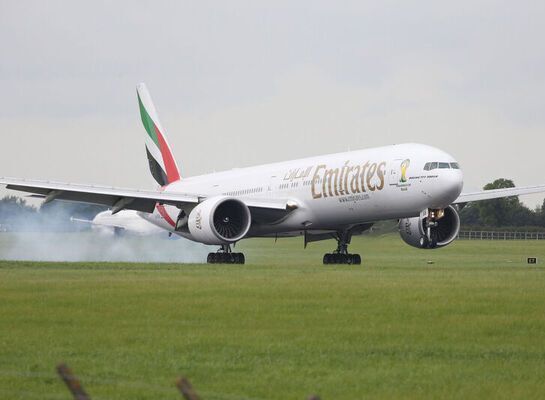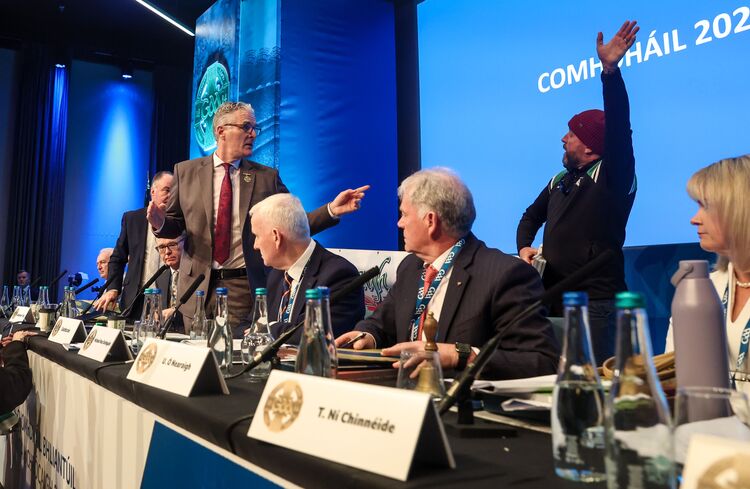A friend of mine was at Mass on the morning of April 12 in Charleston, South Carolina, when he heardwhat sounded like cannon fire nearby.
It was puzzling, to say the least, but then again, he is a new arrival to the South. So perhaps he could be excused for not remembering that April 12 marked the 150th anniversary of the shelling of Fort Sumter, marking the beginning of the American Civil War.
Not far from the church in Charleston, a re-enactment of that assault was underway. There were cheers and martial music and speeches in South Carolina that morning, a circumstance which northerners and black southerners no doubt find curious to say the least.
After all, the attack on Fort Sumter was the beginning of the end of the so-called "Southern way of life," which was centered on slave ownership. The historian Shelby Foote once noted that before Vietnam, lots of Americans claimed that the U.S. had never lost a war. No Southerner, Foote said, would ever make such a claim.
Nevertheless, the anniversary season of the Civil War is a big deal in Dixie. Commemorations will continue through 2015, the 150th anniversary of the war's end and the assassination of Abraham Lincoln.
Those great American place names that have been forgotten over the years - Shiloh, Antietam, Fredericksburg, the Rappahannock - will be invoked in speeches and other ceremonies over the next four years. So will the milestone documents of the war: the Emancipation Proclamation and the Gettysburg Address.
How much of this will resonate beyond the old Confederacy remains to be seen. The North has few sites, other than Gettysburg, associated with the war, and even fewer generational memories. Down South, however, it seems like every other white citizen has a relative who rode with Stonewall Jackson. Or so they choose to believe.
One group of northerners, however, has an important historical reason to remember the war. Irish Americans served on both sides during the war, but their numbers were, of course, far greater in the Union army. The Irish Brigade was among the most-celebrated units in Mr. Lincoln's army, and Irish Americans won more medals of honor than any other ancestral or ethnic group from the North.
It is common to assert that the Irish-American contribution to the Union cause showed mainstream America that Irish Catholics were as American as any Anglo-Protestant. That's true, to an extent.
When the war was over and thousands of Irish American Fenians turned their attention to an invasion of British Canada, mainstream America looked the other way or openly encouraged them. The notion of hundreds of armed Irish-American militias drilling openly in the streets of New York would have been unthinkable in the 1850s. By 1866, however, New Yorkers did little to discourage the Fenian movement from operating in the city and moving ahead with its war plans.
In that sense, Irish Americans did achieve a level of acceptance and even admiration. The 14th amendment's guarantee of equal protection for naturalized citizens, passed after the war, was another sign that native-born America understood the debt it owed to immigrant soldiers, particularly the Irish.
This process of acceptance and assimilation through sacrifice and service has been invoked in recent years as an example for American Muslim immigrants. Serve your country as the Irish did during the Civil War, some have told Muslims, and your country will reward you.
Unfortunately, it wasn't that easy for the Irish in America. As memories of the war faded and the nation plunged into an economic depression after 1873, nativism returned to New York and other northern cities. Civic elites in Boston and New York sought to do away with universal suffrage because they believed the immigrant poor - meaning, for the most part, Irish Catholics - were incapable of making informed, educated choices in the ballot box.
When that movement failed, reformers pursued another veiled anti-immigrant agenda, demanding civil service reform in order to deny immigrants access to public-sector jobs.
Both William R. Grace, the first Irish Catholic mayor of New York, and Patrick Collins, the first Irish Catholic congressman from Massachusetts, faced substantial nativist opposition in their campaigns of 1880 and 1882, respectively. Elite newspapers portrayed Grace, an affluent Irish immigrant who built a shipping empire, as an agent of the pope who was intent on the destruction of public schools. There were whispers - if you can believe this - that he wasn't really a citizen. The "birther" movement is not a new phenomenon.
Seen from the perspective of the Gilded Age, and even into the 20th Century, it's clear the while the Civil War did allow Irish Americans to win a measure of acceptance, it was spotty at best. The war did not kill off the Know Nothings, as so many people assume. The Know Nothing movement simply evolved to a more genteel form of prejudice.
So for Irish America, the Civil War certainly is worth remembering. But it may not be a cause for celebration. Few events that cost the lives of 600,000 people are.










